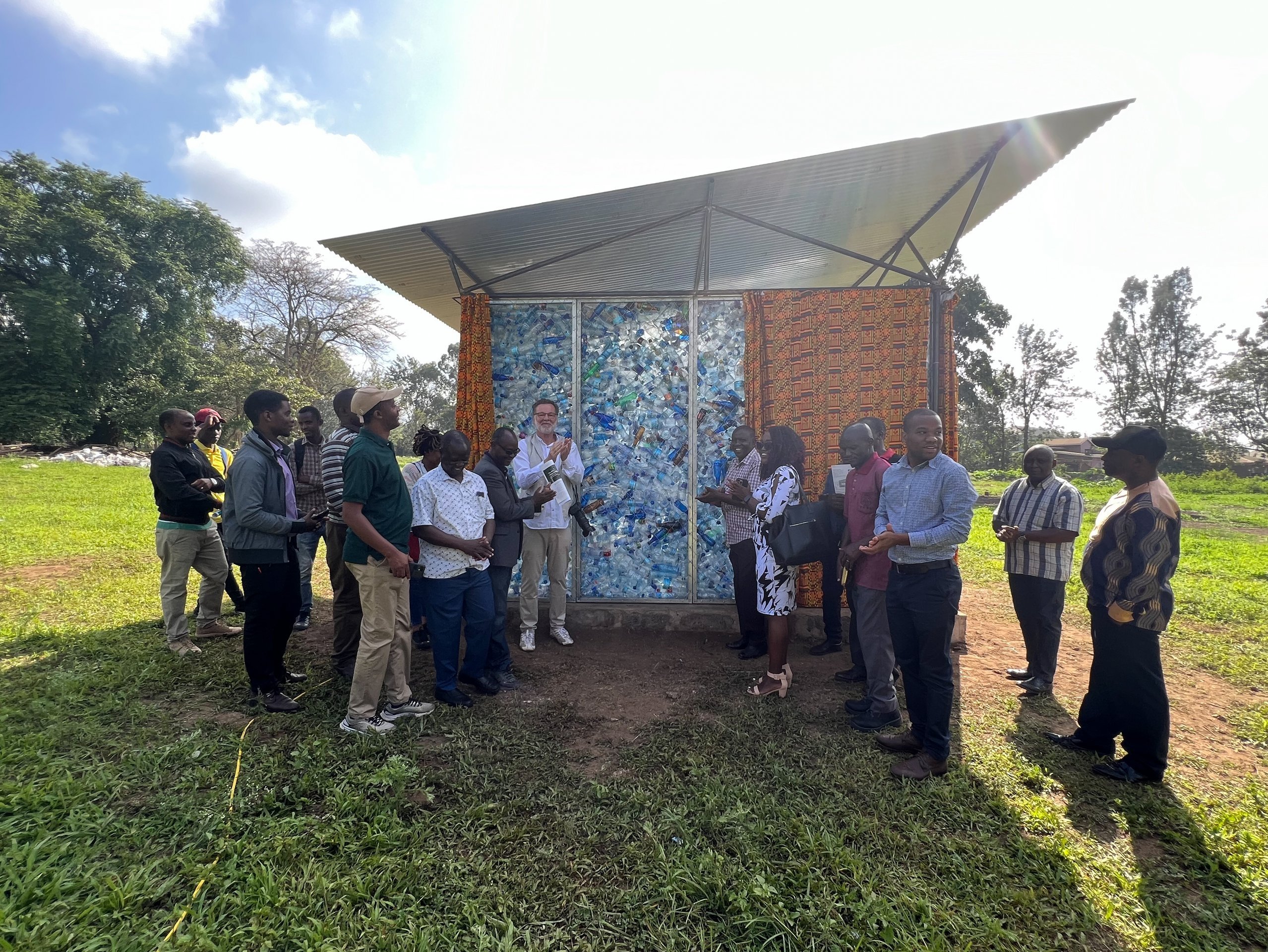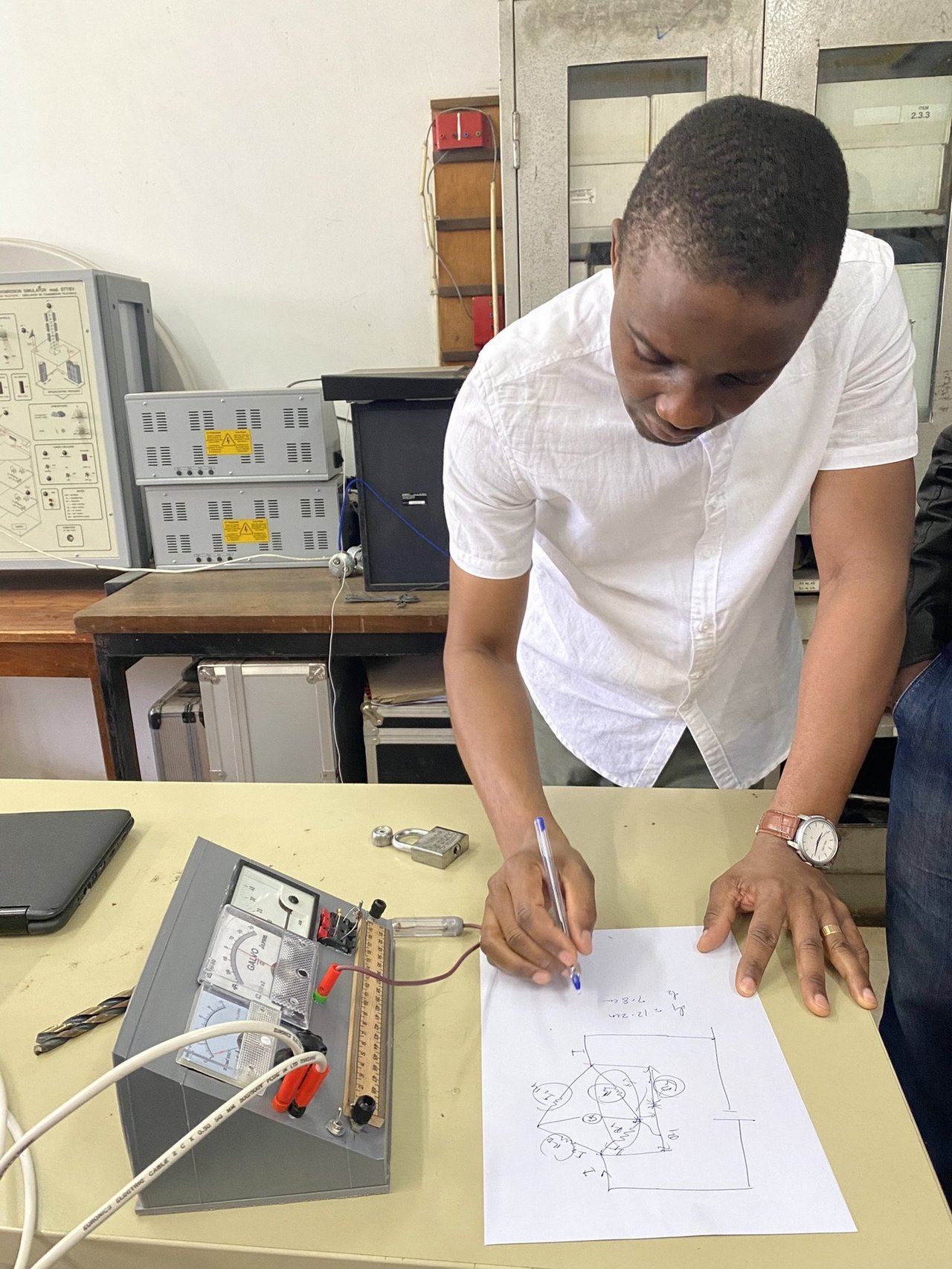The Verein zur Förderung des internationalen Wissensaustauschs e.V. , Munich (International Knowledge Exchange Association) has been implementing various water-related projects in recent years, primarily in Africa, but also in Latin America and Asia. In its projects, it is using the "Lab in a Bag" teaching concept that was invented by the chair of the association, Christoph Rapp, at the Technical University of Munich. The concept uses experience-based learning through simple experiments that enable students to better understand complex physical relationships.

